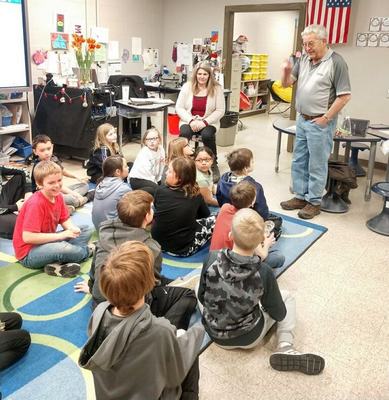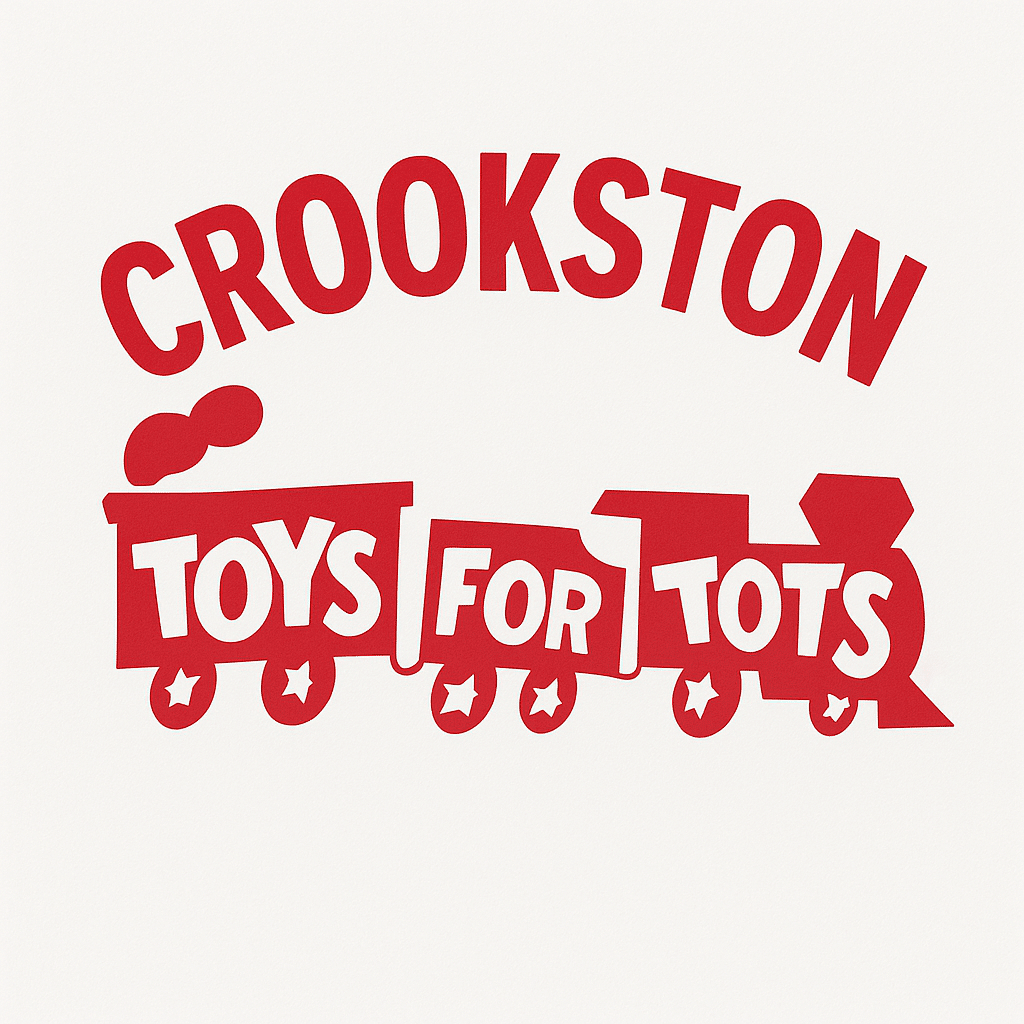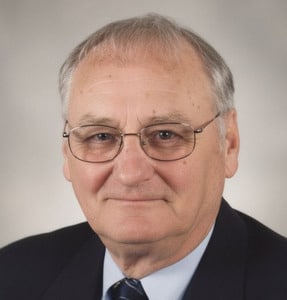The Polk County Soybean and Corn Growers and their checkoff dollars are supporting their schools by promoting agriculture with donations of books and school supplies. The growers donated agricultural educational books to elementary schools in Crookston, East Grand Forks, Mentor, Fosston, Fertile and Fisher.
The goal of the endeavor was to showcase the value of agriculture by increasing agricultural literacy through 3-5 education. Accordingly, the Polk County Soybean-Corn Growers purchased books and supplies and delivered them to the schools. The books were purchased from Amanda Radke who is a fifth-generation rancher from Mitchell, S.D., and has dedicated her career to serving as a voice for the nation’s farmers and ranchers. Radke regularly tackles industry issues as a blogger, columnist, investigative journalist, speaker and entertainer.
“We are happy to donate to the elementary school libraries to provide these learning tools for the children,” John Swanson, Polk County Soybean & Corn Growers director said. “When I stopped in to deliver the books, the third-grade class invited me to talk to them about farming, food, and uses of corn and soybean.”
Many of the donated books had agricultural themes, including Levi’s Lost Calf, Can-Do-Cowkids, and The Soil Quilt.
The Polk County Soybean – Corn Growers is affiliated with the Minnesota Corn Growers Association (MCGA) is one of the largest grassroots farm organizations in the United States. Working in close partnership with the Minnesota Corn Research & Promotion Council, MCGA identifies and promotes opportunities for Minnesota’s 24,000 corn farmers while building connections with the non-farming public.
The Polk County Soybean – Corn Growers is also affiliated with the Minnesota Soybean Research & Promotion Council, which oversees the investment of soybean checkoff dollars on behalf of approximately 25,000 farmers in Minnesota. The Council is governed by the rules of a federally mandated checkoff program that requires all soybean producers pay a fee on the soybeans they sell. This money is used to promote, educate and develop market opportunities for soybeans.




